Relationships; lovers, friends, family, are a beautiful part of humanity but sometimes present challenges as we move through our life.
I love this line from a poem with no attributed author,
“People come into your path for a reason, a season or a lifetime.”
Types of Relationships
I’ve learned that there’s a correlation between the type of relationships you inhabit and whether or not they stand the test of time.
There are four types of relationships:
Independent
Both parties are entirely independent with no reliance on each other for anything, they come together when they want to and do what they want to do. An example of this kind of relationship is two friends who rarely see each other, but when they do, they have a great time.
They don’t need each other physically, emotionally or spiritually in any way, they simply choose to spend time together as and when they desire. These relationships can be fun and easy-going, and some believe these relationships to be the epitome of healthy. However, they can also lack the feeling of deep connection and understanding which we humans appear to need.
Dependent
One party is wholly depending on the other for her entire well being. Obviously, the relationship between parent and child fall into this category, but here we’re looking at relationships between adults. This relationship often comes about as a result of physical needs; when one person is sick and needs another person’s care and support. Dependence is challenging for long term relationships, people often cave under the strain of it, particularly if one party is sacrificing their needs for the sake of the other.
Co-dependent
Both parties are entirely reliant on each other for their physical, emotional and spiritual well being. Both parties are wholly focused and committed to each other with no time, space or energy for anyone and often anything else. This type of relationship is an intense rollercoaster. It usually involves one person giving a lot and one person taking a lot.
These relationships can start off euphoric, exciting, addictive, but like any addiction, eventually become toxic. What starts off as adoring focus and commitment becomes fraught with jealousy, over-reaction, isolation, and general messiness. One party or both are always seeking approval and reeling if it isn’t received. Co-dependent relationships can be emotionally manipulative and even violent, with abuser and victim horribly entwined.
Interdependent
A mutual, healthy reliance between two people. Imagine the infinity sign ∞ with flow and connection between both sides. Interdependence is a flow of giving and receiving, mutual support and understanding of needs. This is where the healthiest relationships lie.
Addiction to Co-dependency
Most of my life I’ve been drawn to co-dependency, and though as an adult I’ve never been part of an abusive relationship, I’ve definitely been party to some unhealthy (with hindsight) co-dependent friendships, far too often.
At first, they feel so good. The wave of mutual adoration, and the power they have to raise you up or bring you down, feel amazing. All of your time has to be concentrated on them. This feels loving and giving and juicy, but eventually, it becomes a bind, claustrophobic and uncomfortable.
I’ve experienced the relationships, which, as they’re coming to an end the other party starts to use threats and coercion to keep the relationship afloat, or I’ve made a move towards independence, and that doesn’t go down well – perhaps a relocation, or a change in job, or a new partner, and the relationship buckles.
My co-dependent relationships have never ended well, and yet for years, I found myself going round and round in circles on the co-dependent cycle of addiction. It was no fun. I’m glad to be off it now.
I now support many women to rediscover themselves by exploring their relationships. Seeing women move from toxic co-dependent relationships to inter-dependent relationships is a beautiful thing to witness.
So often real rediscovery of self comes with this transition.
What to Ask Yourself About Your Relationships
So, what do you do if you’re experiencing ick in your relationships? First, look at them, where does this relationship fit into the four categories? Here are some questions to ask yourself depending on each type:
Independent
Do you enjoy the independent relationship? Are you feeling as connected to this person as you would like? If not, what could you do to invite more connection to the relationship?
Dependent
If this is a long term relationship, are you both comfortable with the level of dependence? Do you have agreements in place as to what you need/want/expect from each other? If they’re caring for you, how might you acknowledge their commitment and love? What CAN you do for them, no matter how small? If you’re the carer, what do you need to feel nourished and whole? Are your needs being met?
Co-dependent
Have you got a history of being part of co-dependent relationships? Are your current relationships co-dependent? If you’re in the ‘feeling great’ part of this relationship, what might you be able to do to move it from co-dependence to inter-dependence?
Where in the relationship are things out of balance? Who’s giving more and who’s receiving more? Are you able to adjust this balance?
If you’re isolated as part of this relationship, are you safely able to make changes to move you out of isolation and connect with others outside of your relationship? If your relationship is currently toxic, how might you move away from it? (*If you are in an abusive relationship please please reach out to your doctor, a domestic violence charity or organization and find help. You don’t have to live with abuse, there is help out there for you, and you are worthy of better.)
Interdependent
Are you acknowledging these relationships? If like me, you’ve been, or are, addicted to co-dependency, you might have a hard time recognising the beautiful interdependent relationships you have. If so, how could you start to acknowledge and build on them? How can you support yourself to be okay with the more stable feelings of interdependence rather than seeking the massive highs and lows of co-dependence?
Managing relationships is all part of the human experience, and it can be tricky, but you can make beautiful connections and improve relationships if you get curious and ask yourself some of the above questions.
How do you feel about your relationships right now?
With all of my love,
Photo Credit: Kristin Little







0 Comments